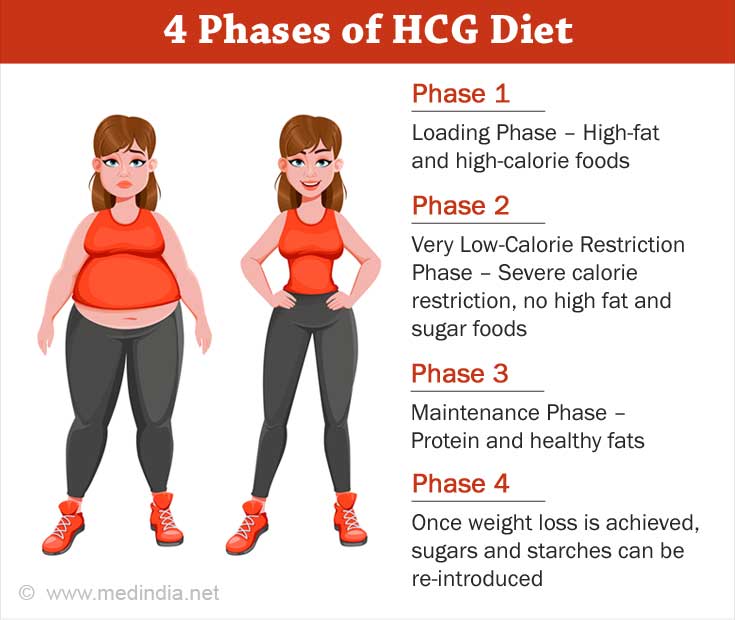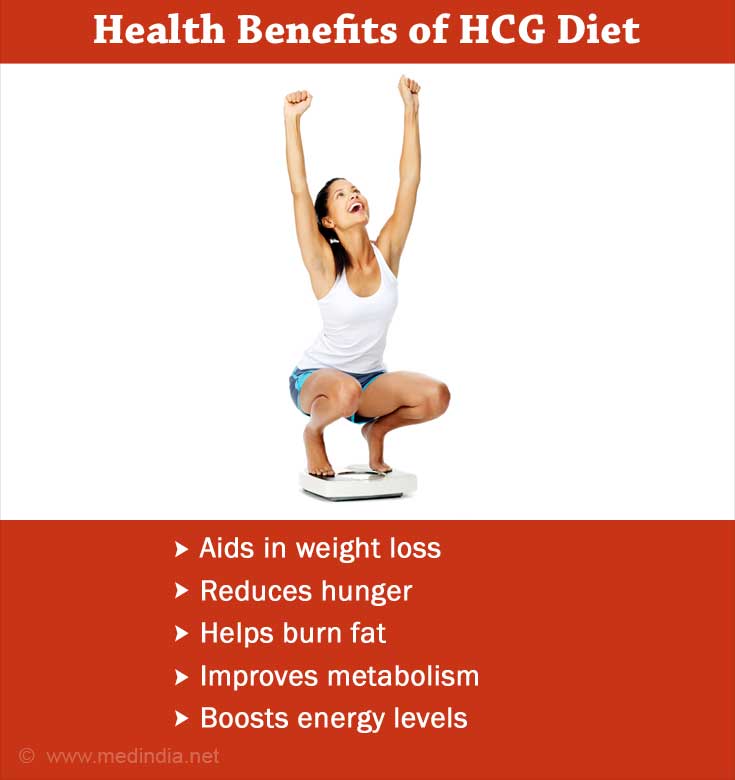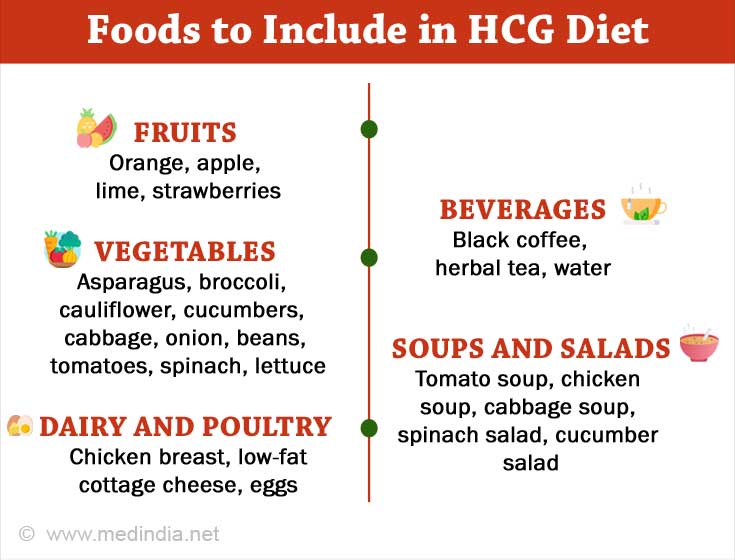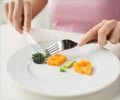- HcG Diet - (https://www.hormone.org/support-and-resources/resource-library/hcg-diet)
- Wright, Y. L. (2013).Secrets about the HCG diet: Treatment guide, controversy, benefits, risks, side effects, and contraindications. Lulu Press, Inc.
- Has the HCG diet been shown to be safe and effective? - (https://www.mayoclinic.org/healthy-lifestyle/weight-loss/expert-answers/hcg-diet/faq-20058164)
- Russell, S. E. L. (2011).HCG diet 800 calorie protocol. eBookIt.com. - (https://www.mayoclinic.org/healthy-lifestyle/weight-loss/expert-answers/hcg-diet/faq-20058164)
- Avoid Dangerous HCG Diet Products - (https://www.fda.gov/consumers/consumer-updates/avoid-dangerous-hcg-diet-products)
- Navaro, D. A., Raz, O., Gabriel, S., Shriqui, V. K., Gonen, E., & Boaz, M. (2017). Functional foods in fad diets: A review.Functional Foods in Health and Disease,7(9), 702-715.
- Ross, J. (2017). HCG diet guide for beginners: Yummy recipes for easy &speedy weight loss.Dhimant N. Parekh.
- Goodbar, N. H., Foushee, J. A., Eagerton, D. H., Haynes, K. B., &Johnson, A. A. (2013). Effect of the human chorionic gonadotropin diet on patient outcomes. Annals of Pharmacotherapy, 47(5), e23 - (https://doi.org/10.1345/aph.1R755)
What is HCG Diet?
Human chorionic gonadotropin diet or HCG diet was found by Dr. A.T.W. Simeons, an endocrinologist, where he used the HCG hormone for weight loss.
Human chorionic gonadotropin (HCG) is a hormone that is produced by the placenta during pregnancy. This hormone nourishes the fetus when the mother is not fed adequately by using the maternal fat stores.
Obesity is a growing epidemic around the globe and is a causative drive to major chronic health problems. The weight loss market is flooded with many different diets, weight loss supplements, and drugs. Although the healthiest way of shedding those extra pounds is choosing a healthy diet and being physically active, many dieters have turned toward unhealthy, reckless weight loss options. One such diet is the HCG diet.
In the HCG diet, the hormone is provided as injections or supplements and is paired with a severely calorie-restricted diet.
Phases of HCG Diet
HCG diet does not serve more than 800 calories a day. HCG weight loss products are available in the market as pellets, sprays, oral drops, and injections.

HCG diet is split into four phases.
- Phase 1 is the loading phase, which allows you to consumehigh-fat, high-calorie foods.
- Phase 2 begins after two days of the loading phase with severe calorie restriction. Foods high in fat and sugar are a big no in this phase.
- Phase 3 is the maintenance phase, which allows gradually increasing food intake back to normal. Protein is focused in this phase and healthy fats are introduced.
- Lastly, in phase 4, once the weight loss goal is achieved and the weight is consistent, sugars and starches can be re-introduced.
Hydration should be kept in check throughout the four phases.
What are the Health Benefits of HCG Diet?
HCG acts as an appetite suppressant. Along with calorie-restricted eating, HCG hormone is also supplemented.

The possible mechanisms reported with the HCG diet and weight loss are the metabolism boost arising from elevated testosterone levels, burning of fat reserves for energy due to the low-calorie intake, reduced hunger, and sparing of lean muscle mass.
The average weight loss reported with the HCG diet in 40 days is about 25 to 35 pounds among women and about 35 to 45 pounds among men.
It should be noted that research has reported no difference between HCG-treated participants and controls. Studies on proving the efficacy of the HCG diet apart from calorie restriction in weight loss are unavailable.
What are the Side Effects of HCG Diet?
The HCG hormone is typically used to treat infertility owing to its activities in the ovum. The extreme calorie restriction advised in the HCG diet can put the person at risk for several nutrient deficiencies like vitamins and minerals deficiency.
Intake of very limited calories may pose a risk for:
- Gallstone formation
- Electrolyte imbalance
- Abnormal heartbeat
Other side effects reported with the HCG diet are:
- Irritability
- Fatigue
- Mental illness like depression, restlessness
- Edema (fluid accumulation)
- Breast swelling among men
- Blood clotting and blockages in blood vessels
Research has shown that the HCG diet may also possibly augment the risk of cancer due to increased androgen production.
The Food and Drug Administration (FDA) does not approve following the HCG diet for weight loss and advises not to try it without a prescription.
The HCG weight loss products are claimed to promote weight loss only when coupled with calorie restriction between 500 and 800 calories a day.
Many researchers claim that weight loss happens due to severe calorie restriction by itself and thus clarity on the role of HCG hormone in weight loss is blurred. Therefore, FDA approves the use of HCG products for fertility treatment, and other medical conditions, and not be used for weight loss without a prescription.
What Foods to Include in HCG Diet?
In the HCG diet, two servings of fruits, vegetables, and proteins each can be included in a day’s meal.

Fruits like orange, apple, lime, and strawberries can be included.
Asparagus, broccoli, cauliflower, cucumbers, cabbage, onion, beans, tomatoes, spinach, and lettuce are some of the vegetables that can be consumed.
Protein sources like chicken breast, low-fat cottage cheese, and eggs are allowed.
Whole-grain cereal products can be included in a day and up to 2 servings are allowed in a day.
Beverages like black coffee, herbal tea, and water are allowed.
Soups and salads like tomato soup, chicken soup, cabbage soup, spinach salad, and cucumber salad can be included in the HCG diet.
Egg roll, chicken wraps, grilled chicken, stir-fried vegetables, and chicken are also a few recipes that are included.
Summary
The goal to lose weight for good health is appreciable but the approach toward hitting the goal should also be healthy. HCG diet has reported adverse outcomes and evidence on its efficacy is thin.
Eating healthy, balanced meals and regular physical activity will always be the safe road to healthy weight loss.







